Best Kidney Transplant Specialists in Artemis Hospital Gurgaon
 30 December,2025
Read More
30 December,2025
Read More
Starting From: USD 3007 - USD 5413
Cardiac Devices for Patients with Heart Failure is affordable in India. The cost of Cardiac Devices for Patients with Heart Failure in India lies between USD 3007 - USD 5413. The exact procedure price depends on multiple factors such as the surgeon's experience, type of hospital, severity of the condition, patient's general condition,�etc.
Heart failure, a condition characterized by the heart's inability to pump blood effectively, can have a profound impact on an individual's daily life and overall well-being. Fortunately, advances in medical technology have led to the development of a range of cardiac devices designed to support and enhance the cardiovascular function of patients with heart failure. These devices include implantable cardioverter-defibrillators (ICDs), cardiac resynchronization therapy (CRT) devices, left ventricular assist devices (LVADs), and the cutting-edge Total Artificial Heart.
Implantable cardioverter-defibrillators (ICDs) are recommended for patients at risk of life-threatening arrhythmias, particularly those with a history of sustained ventricular tachycardia or ventricular fibrillation. They may also be indicated for individuals with certain high-risk structural heart conditions, such as dilated cardiomyopathy.
ICDs are sophisticated devices that monitor the heart's rhythm. When they detect a dangerous, rapid heart rhythm, they can deliver an electrical shock (defibrillation) to restore normal heart rhythm. Additionally, ICDs can act as pacemakers, providing pacing if the heart rate is too slow.
The procedure involves placing leads (thin, insulated wires) into the heart via a vein. The leads are connected to the ICD, which is typically implanted beneath the skin, usually just below the collarbone. The device is then programmed to respond to specific arrhythmias and deliver therapy as needed.
CRT devices, also known as biventricular pacemakers, are indicated for patients with heart failure and evidence of ventricular dyssynchrony. This condition, where the heart's chambers do not contract in synchrony, can exacerbate heart failure symptoms.
CRT devices work by sending precisely timed electrical impulses to both the left and right ventricles of the heart, synchronizing their contractions. This improves the heart's ability to pump blood efficiently.
Similar to ICDs, CRT devices involve the placement of leads into the heart via veins. The leads are connected to the device, which is implanted beneath the skin, typically near the collarbone. The device is then programmed to optimize synchronization.
LVADs are considered for patients with advanced heart failure who have not responded to other treatments, and who are either awaiting heart transplantation or are not candidates for transplantation.
An LVAD is a mechanical pump that is implanted to assist the heart in pumping blood. It is connected to the left ventricle and aorta, helping to circulate blood throughout the body.
The implantation of an LVAD is a major surgical procedure. The device is typically implanted in the chest, with a driveline exiting the body to connect to an external power source. The procedure requires a multidisciplinary team of surgeons, cardiologists, and support staff.
The Total Artificial Heart is considered for patients with end-stage heart failure who are not eligible for other treatments, including heart transplantation or ventricular assist devices.
As the name suggests, the Total Artificial Heart is a fully synthetic heart that replaces both the left and right ventricles. It is designed to pump blood throughout the body, effectively taking over the heart's pumping function.
The implantation of a Total Artificial Heart is a complex surgical procedure that involves the removal of the patient's natural heart. The device is then connected to the major blood vessels, effectively taking over the heart's pumping function.
Cardiac devices have revolutionized the management of heart failure, offering a range of solutions tailored to the specific needs of patients. From ICDs and CRT devices to LVADs and the Total Artificial Heart, these devices play a crucial role in improving cardiac function, alleviating symptoms, and enhancing quality of life. Through careful patient selection, expert implantation, and diligent follow-up care, cardiac devices stand as pivotal tools in the quest to optimize cardiovascular health and well-being for individuals living with heart failure.
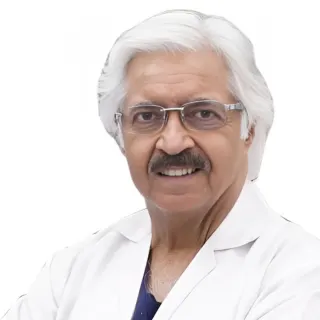
Chairman
Interventional Cardiologist
Fortis Escorts Heart Institute, New Delhi
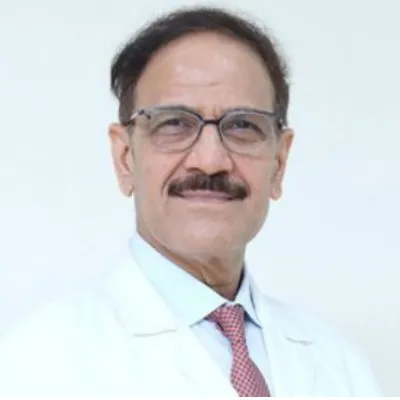
Chairman
Interventional Cardiologist
BLK-Max Super Speciality Hospital, New Delhi
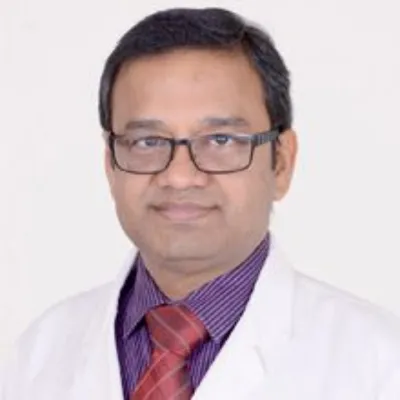
Director
Cardiologist, Interventional Cardiologist
Max Super Speciality Hospital, Saket, New Delhi
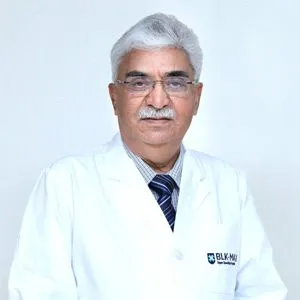
Chairman
Cardiac Electrophysiologist, Interventional Cardiologist
BLK-Max Super Speciality Hospital, New Delhi
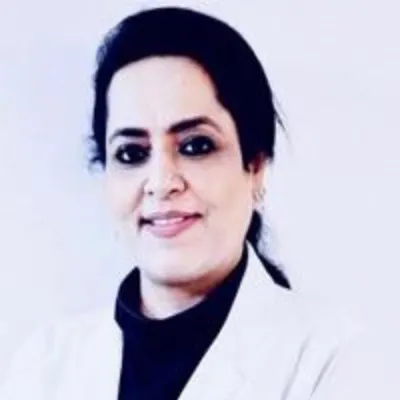
Consultant
Interventional Cardiologist
Indraprastha Apollo Hospital, New Delhi
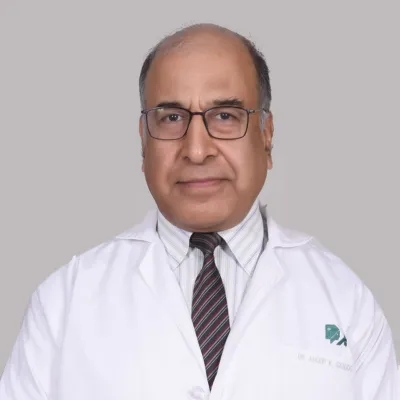
Senior Consultant
Cardiothoracic and Vascular Surgeon
Indraprastha Apollo Hospital, New Delhi
Doctor of Pharmacy
Dr. Deepanshu Siwach is a skilled clinical pharmacist with a Doctor of Pharmacy degree.?He has 4+?years of experience and has worked with thousands of patients. He has been associated with some of the top hospitals, such as Artemis Gurgaon.
Dr. Deepanshu Siwach is a skilled clinical pharmacist with a Doctor of Pharmacy degree.?He has 4+?years of experience and has worked with thousands of patients. He has been associated with some of the top hospitals, such as Artemis Gurgaon....
Dr. Aseem Ranjan Srivastava is an experienced Pediatric Cardiothoracic Surgeon specializing in Minimal Access and Robotic Cardiac Surgery. He strongly recommends prompt corrective repair when possible....
The Art of Effective Communication
 30 December,2025
Read More
30 December,2025
Read More
 24 December,2025
Read More
24 December,2025
Read More
 23 December,2025
Read More
23 December,2025
Read More
 17 December,2025
Read More
17 December,2025
Read More
 16 December,2025
Read More
16 December,2025
Read More
 10 December,2025
Read More
10 December,2025
Read More